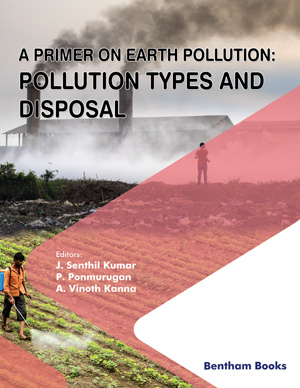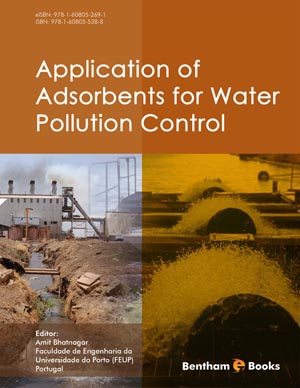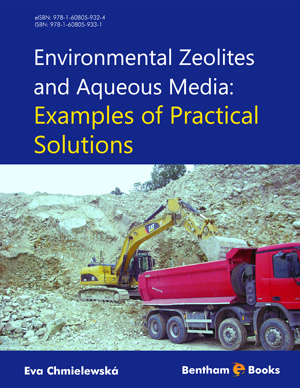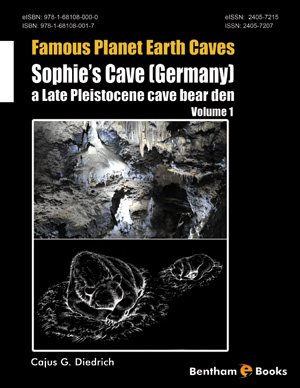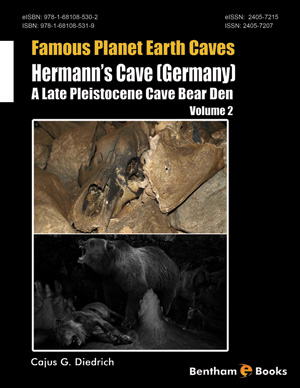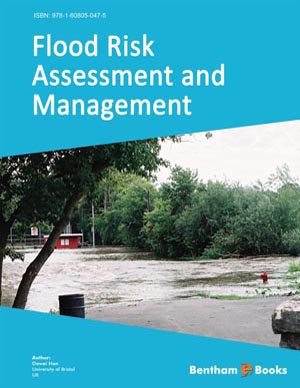Abstract
The phenomenon of hysteresis during wetting-drying cycles can be
simulated using the porous-solid model developed in Chapter 3. This model employs
the current pore-size distribution of the material. The term “current pore-size
distribution” means that the size of pores can be updated as the soil deforms. In that
sense, the porous-solid model can be used advantageously for the development of
fully coupled hydro-mechanical constitutive models, as the influence of the
volumetric deformation on the retention curves and effective stresses can be easily
assessed. By including some experimental observations related to the behavior of the
pore size distribution of soils subjected to loading or suction increase, volume change
can be related to the reduction in the size of macropores. This methodology avoids
the necessity of any additional parameter or calibration procedure for the
hydromechanical coupling of unsaturated soils.
Keywords: Hydro-mechanical coupling, Unsaturated soils, Porous-solid model, Pore size distribution, Soil-water retention curves, Hysteresis, Effective stresses, Macropores, Volumetric strain, Mean size of pores, Volumetric reduction, Evolution of pore size distribution, Loading, Suction increase.



